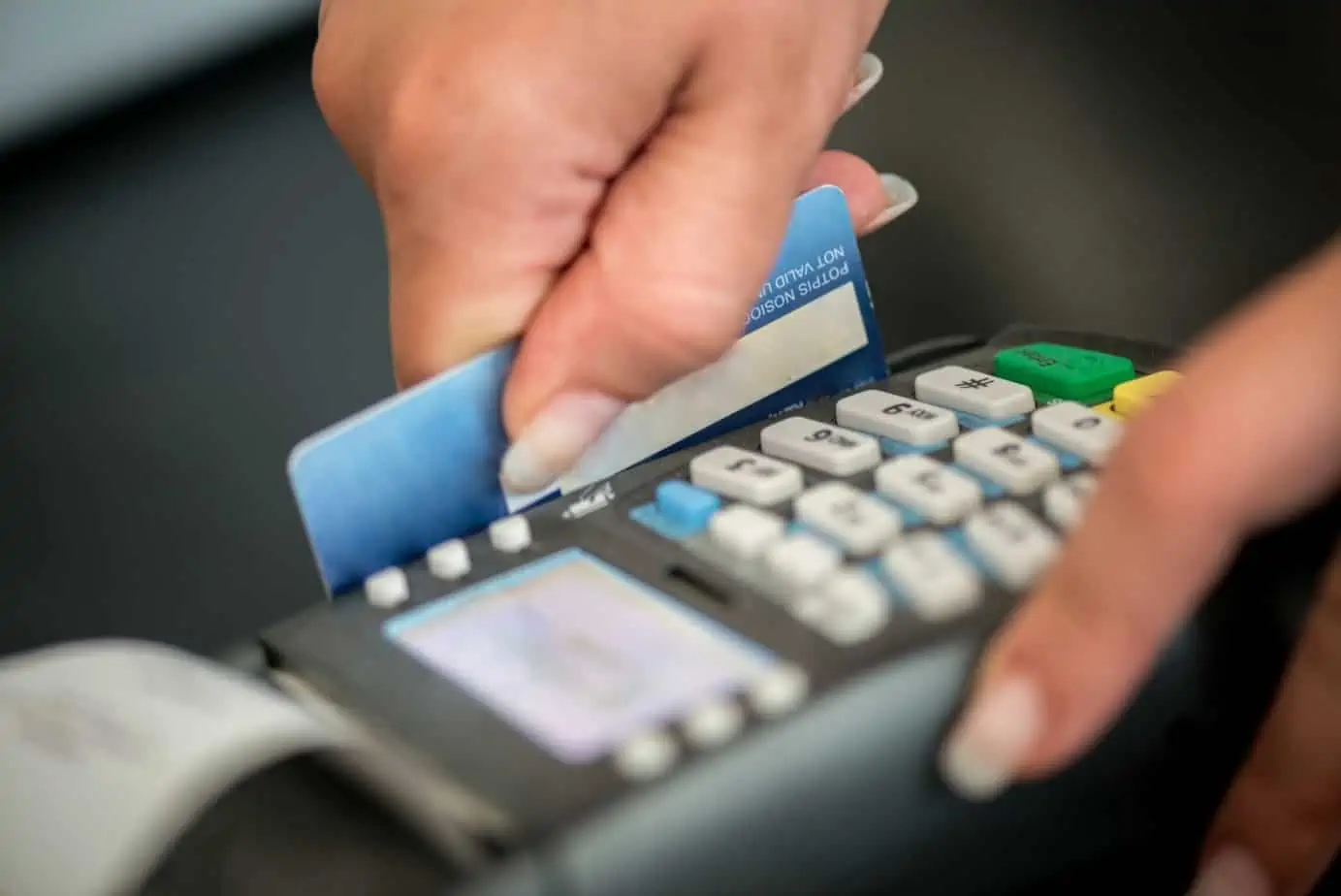Credit card processing might appear to be a complicated, however, it is simply defined as the ability to accept credit and debit card payments for your organization or business. Merchants that utilize credit card processing services can leverage the benefits of improved sales, recurring and online billing, faster receipt of funds, and much more.
While it is not necessary to possess in-depth technical knowledge of the inner workings of bank cards and credit card processing – it is always useful in the evaluation of providers for your business, as well as making sure you receive the best rates, terms, and technology solutions. For these reasons, it can be helpful to have a general understanding of the credit card processing.
When you possess basic knowledge of the industry, it allows you to effectively identify the ways to get the best credit card processing solution.
Credit Card Processing in Detail
The bankcard networks responsible for executing billions of transactions across the globe usually connect processors, banks, and merchants. These networks are complex systems for delivering convenience with respect to the transfer of money. In seconds, the terminal that you use will pass transaction-specific information to the processor. Then, the transaction is passed through the respective card network to the issuing bank for approval. The issuing bank will be then sending the authorization back through the card network to the payment processor before ending up at the software or the terminal.
Getting an authorization for a particular transaction is simply regarded as the first step. Once an authorization is obtained, the transaction can be settled which results in the deposit of the sale into the bank account of the merchant. While interchange refers to the fees assessed by the card associations for each transaction, it is important to understand that the type of authorization (online, in-person) and the data submitted with the transaction (AVS, zip code, level 2 and 3) can influence the rate.
Key Players in Credit Card Processing
The major players that are involved in the processes related to authorization and settlement are:
- Merchant: Usually, a merchant can be regarded as any business responsible for selling products or services. However, in the given explanation, only merchants responsible for accepting credit cards as the mode of payment are relevant. Therefore, a merchant can be regarded as a business responsible for maintaining the merchant account.
A merchant account allows merchants to accept debit cards or credit cards as payments from subsequent customers for the delivery of specific products or services. As a business owner, you are the merchant.
- Cardholder: If you possess a debit card or a credit card, you are familiar with the cardholder’s role. However, in general terms, it can be said that a cardholder is the individual or entity obtaining a bankcard (either debit or credit) from the credit issuing bank. A cardholder will present the card at specific businesses for paying for products or services.
- Acquiring or Merchant’s Bank: The acquiring bank is the registered entity of the card associations. An acquiring bank is also referred to as the merchant bank. This is because they enter into contracts with the respective merchants for creating as well as maintaining accounts. These are referred to as merchant accounts.
Merchant accounts are responsible for allowing businesses to accept both debit cards and credit cards. Acquiring banks also offer the necessary software and equipment for accepting different types of payments while handling customer service and other important aspects involved in the process of card acceptance. The acquiring banks also deposit funds from credit card sales into the merchant’s account.
Many merchants do not realize that the acquiring bank serves to be the ultimate provider of the respective merchant account. Acquiring or merchant banks also play a vital role in the evolution of the bankcard system. Merchant banks mostly enlist help from third-party ISOs or Independent Sales Organizations along with MSPs or Membership Service Providers for conducting and monitoring activities of merchant account.
- Credit Card Associations (MasterCard & Visa): MasterCard and Visa cannot be regarded as banks. They also do not issue any merchant account or credit cards. Rather than this, they serve as a clearing house and a custodian for the given card brands. They also function as the governing body of MSPs, ISOs, and a community of financial organizations in association with supporting electronic payments and credit card processing. Therefore, they are referred to as ‘credit card associations.’
The main responsibility of a card association is related to governing its members, along with the rules and systems for processing transactions – including qualification guidelines as well as interchange fees. The association serves as an arbiter between both acquiring and issuing banks while maintaining and improving the card networks and their brands.
Credit Card Authorization
In the credit card authorization process, here are important parties involved:
- Issuer: The credit card issuer is responsible for receiving transaction information from the processor or acquiring bank through some network. The issuer then responds by either declining or approving the transaction to make sure that the transaction remains valid.
- Acquirer or Processor: Responsible for capturing the transaction information while routing it through the right card network to the issuing bank of the cardholder for approval.
- Merchant: Making use of the credit card machine, gateway, or software for transmitting information and the details of the transaction to the bank’s processor.
- Cardholder: Starting the credit card transaction through the presentation of a card to the merchant as a form of payment for products or services.
- Card network: Transaction information gets routed between acquiring and issuing banks through the card network.

